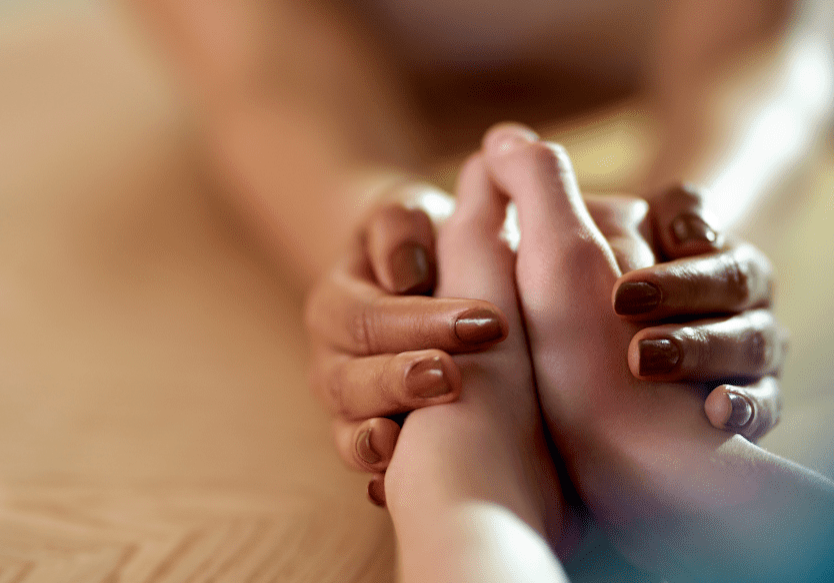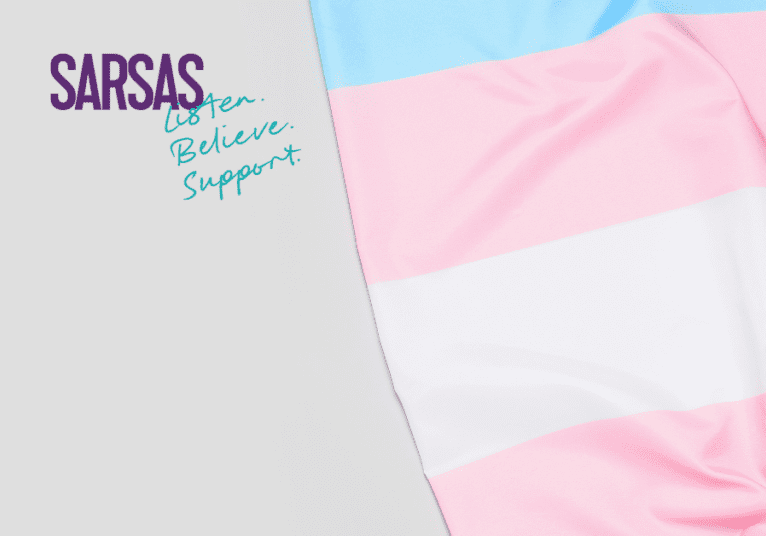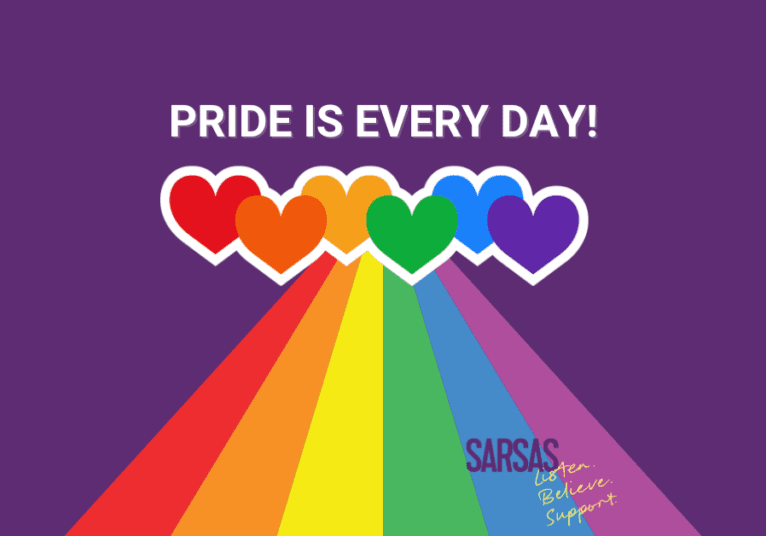
Does it help to heal and move on if the perpetrator shows true remorse?
A victim-survivor talks about their own experience of dealing with forgiveness.
I was brought up in an evangelical Christian household. Church was a huge part of my childhood and its teachings stayed with me into adulthood. In services we would read this sentence: If we confess our sins, he is faithful and just and will forgive us our sins and cleanse us from all unrighteousness.
I always found this to be of great comfort; that no matter what wrongdoing we did in our lives, no matter how bad it was, if we were truly sorry, then God would forgive us and we could start again. Showing remorse and forgiveness were important to me as I believed to be able to do both meant you led a much freer life, with no bitterness and anger.
Going into adulthood, I forced myself to forgive my abuser, believing that in doing so, I would find peace inside. It sort of worked for a bit, but it wasn’t a long term solution. I also waited years for some sort of apology or even an acknowledgement of what happened, but there was nothing. I gave him lots of opportunities to do this and even after he died, I hoped there would be a letter for me in his belongings… there was nothing.
It’s only been in recent years that I have addressed these issues and have come to terms with the fact that he probably didn’t regret his actions. Thanks to lots of counselling, I have discovered that I don’t need to forgive him or have him show remorse, to find peace inside. Finding an alternative way to think has been very difficult and while I haven’t rejected the biblical teaching I had when younger, I realise that life isn’t black and white and you need to find your own way of thinking and dealing with difficult issues.
I don’t know what percentage of abusers are sorry for what they’ve done, but I think waiting for an apology or even an explanation before telling yourself you can move forward, is just delaying the opportunity to get your life back on track.
Irene
The latest from our news and blogs

Trans, Non-Binary, and Intersex (TNBI) Support Group
Coming together in a confidential space to support each other and identify ways to move forward after rape & sexual abuse.




